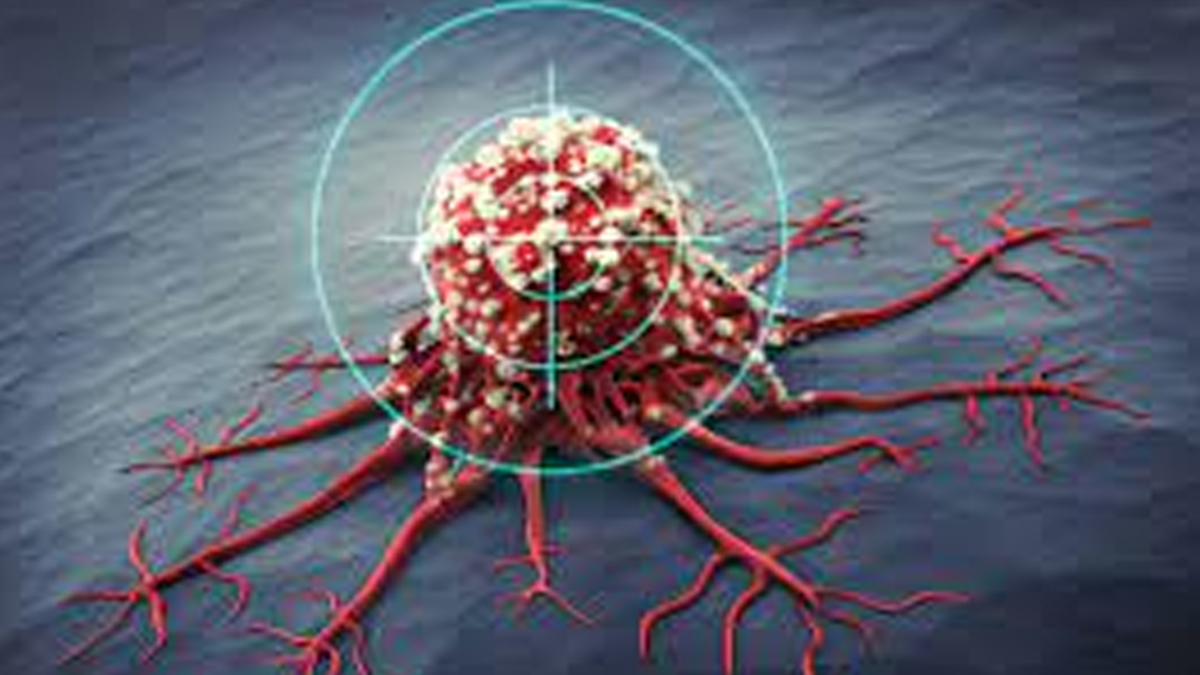-1740117229288.webp)
Many people tend to downplay or ignore unusual symptoms, often dismissing them as minor ailments. This delay in seeking medical advice can have serious consequences, particularly when it comes to diseases like cancer. Early detection plays a crucial role in treatment success, but fear, hectic schedules, and the assumption that symptoms are harmless frequently lead individuals to postpone crucial medical tests.Recently, actor Hina Khan, who is undergoing treatment for Stage 3 breast cancer, shed light on her experience of unknowingly dismissing early warning signs while prioritising professional commitments. Her story serves as a reminder of why paying attention to health symptoms should never take a backseat.
Table of Content:-
Hina Khan’s Revelation: Ignoring Symptoms While Shooting
During a recent appearance on filmmaker Farah Khan’s YouTube channel, Hina Khan shared candid details about her cancer diagnosis and ongoing treatment. The actor, who had just undergone a radiation session before filming the episode, opened up about her recovery journey. She mentioned that her eyelashes had started growing back following the effects of chemotherapy, confirming that cancer patients often lose their eyebrows and lashes along with their hair.
-1740117399966.jpg)
Farah, recalling the last time she saw Hina on Bigg Boss, asked if that was before her diagnosis. Hina clarified that it was “right before” her surgery. When asked if she had noticed symptoms while working, she admitted, “I knew something was wrong, but I didn’t want to leave the shoot and get myself checked because I didn’t think it was serious. I assumed it was just a minor infection and put off getting tested.”
This experience highlights a common challenge many face—balancing work obligations with personal health. Often, the pressure to fulfill responsibilities leads people to ignore signs that warrant medical attention, delaying potential life-saving diagnoses.
Also Read: Vicky Kaushal Packs on 25 Kilos for ‘Chhaava’: Inside His Intense Warrior Workout & Diet Plan
The Dangers of Delaying Medical Tests
Ignoring symptoms or delaying medical tests can have severe repercussions, especially in diseases like cancer, where early detection significantly improves treatment outcomes. Some of the risks include:
Disease Progression
Cancer is a progressive illness that can spread rapidly. Early-stage cancer is often treatable with less invasive procedures, while advanced stages require more aggressive treatments like chemotherapy and radiation.
-1740117417980.jpg)
Reduced Treatment Effectiveness
When cancer spreads, treatment options become limited and less effective. Detecting cancer early can lead to higher survival rates and improved quality of life.
Higher Treatment Costs
Advanced cancer treatments often involve extended hospital stays, multiple rounds of chemotherapy, and extensive medical interventions, increasing the financial burden on patients and families.
Severe Side Effects
Late-stage cancer treatments come with harsher side effects, including prolonged fatigue, nausea, immune system suppression, and organ damage.
The Importance of Early Diagnosis
Many people believe that cancer and other severe illnesses manifest with obvious symptoms. However, in reality, early signs can be subtle and easily overlooked. Some of the warning signs of breast cancer include:

- Unusual lumps or swelling in the breast or underarm
- Changes in breast shape or size
- Persistent pain in the breast area
- Nipple discharge or changes in skin texture
It is crucial to recognise that even minor health changes could indicate underlying issues. Regular medical check-ups, cancer screenings, and self-examinations are essential, particularly for individuals with a family history of cancer or other risk factors.
Taking Proactive Steps for Better Health
Hina Khan’s experience serves as a wake-up call for everyone. Here are some key takeaways for ensuring early detection and better health outcomes:
- Listen to Your Body – Pay attention to any unusual symptoms and seek medical advice promptly.
- Schedule Routine Check-ups – Regular screenings can help detect potential health issues before they become serious.
- Prioritise Health Over Work – No job or project is worth compromising one’s well-being. Taking time for a medical check-up can make a difference between early detection and late-stage diagnosis.
- Spread Awareness – Encouraging others to be proactive about their health can lead to more people seeking timely medical attention.
Bottomline
Hina Khan’s revelation about ignoring her symptoms while shooting underscores the critical importance of early diagnosis. It is a reminder that health should always take precedence over professional commitments. By recognizing early warning signs, scheduling regular screenings, and encouraging proactive healthcare measures, individuals can significantly improve their chances of early detection and successful treatment. Cancer does not wait—neither should we when it comes to our health.
Also watch this video
How we keep this article up to date:
We work with experts and keep a close eye on the latest in health and wellness. Whenever there is a new research or helpful information, we update our articles with accurate and useful advice.
Current Version